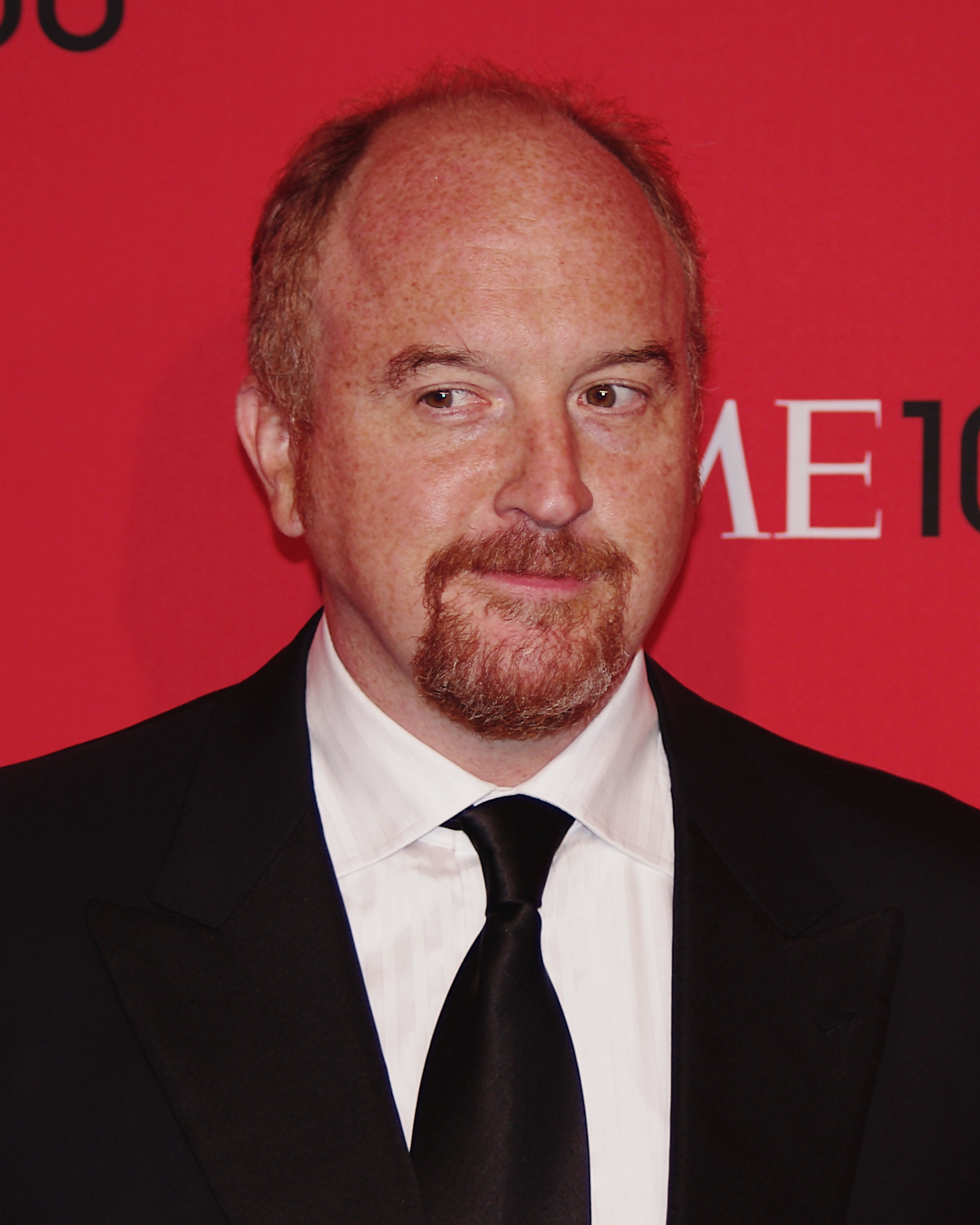Celebrities: They tell us what they think.
Sometimes they do so at awards shows; sometimes they do so in magazine features. Sometimes they do so in newsletters they send out to fan clubs or participants in their lifestyle brands or what have you. And sometimes, when we’re especially lucky, they do so in a way that achieves a level of virality, or at least media coverage, that implicitly suggests we need to take what they think seriously.
Louis C.K., perhaps the most widely critically and culturally acclaimed of the current batch of superstar comedians (though Aziz Ansari and Amy Schumer are giving him a run for his money), recently told us what he thought in an email to fans. He’s thinking about Donald Trump.
This is no great surprise, as few public figures have dominated the media this much over such a prolonged period of time, with real stakes. And C.K. thinks about Trump what you might expect him to think: He wants us to “please stop it with voting for Trump.” He thinks Trump is “an insane bigot.” He names him a “f—ing liar.” He asks for us, “If you do vote for Trump, at least look at him very carefully first. You owe that to the rest of us. … Spend one hour on google [sic] and just read it all.” Louis C.K.: not a Trump fan!
Just to get this out of the way — I agree with him! Of course I do. I am also not a Trump fan.
But C.K. didn’t just write about Trump. Indeed, he gave us an overview of his broader political ideology and claimed that, while he likes both Democratic
presidential candidates Hillary Clinton and Bernie Sanders, he wishes “the next president was a conservative only because we had Obama for eight years and we need balance. … I just think the government should reflect the people.”
That is what I would like to question. C.K. seems to think balance is needed between the two sides of the political spectrum, big-L Liberal and big-C Conservative, and his art routinely reflects that. The purported reason for this email was to give an update on his Web series Horace and Pete, which is both explicitly and implicitly about the push and pull between traditionalism and progressivism, and which we should value more. C.K. is clearly of the opinion that both should be considered equally, and some of the weakest parts of the series to date are when he explains this to us directly; the pilot contains a too-long scene in which a self-described liberal and conservative are mediated by a man who wants them to find common ground.
To me, that specific quest for balance is misguided and misjudged. C.K. writes, “When I was a younger man, liberals and conservatives were friends with differences.” That might be true, but it is also true that, when he was a younger man, American politics were even more dominated by white men, same-sex marriage was a whisper of a suggestion for something that no one saw as a real possibility, and de jure integration was finally starting to actualize. C.K.’s sense of balance, it seems to me, is outmoded, and the focal point he values — between somewhat arbitrary political designations — as a way to better reflect the country, misses the almost more obvious point that a government reflecting the American people would be half female, about 13 percent black, etc.
But that’s just not C.K.’s conception of government. C.K.’s conception of government that he articulates to us, his readers, is that there is some inherent good in allowing “conservatives” and “liberals” to take turns, that this achieves a yin and yang like zen that calms and nurtures the country.
I, though, see no zen in Ted Cruz referring to transgender students as an infliction on teachers, no measuring of weights in Marco Rubio’s denial of man-made climate change, no balance in the supposedly moderate John Kasich’s defunding of Planned Parenthood in Ohio. These are political stances that directly, obviously, damage real Americans, Americans who have been routinely shut out of the political process.
I’m a fan of Louis C.K. I find his comedy biting, hilarious and often urgently relevant. Here, though, he needs to reconsider. His final paragraph contains the aside, “(And I know that I’m only bringing myself trouble with this s—),” so, here’s my trouble: Balance in America will not be achieved with the pendulum swing of liberal and conservative rule — it will be found in the eventual inclusiveness of American life and government. Trump, gross as he is, is a distraction from that fact. For C.K. not to see this is, indeed, a form of white male privilege.
Ely Vance is a senior English major. He can be reached at evancedbk@gmail.com.



